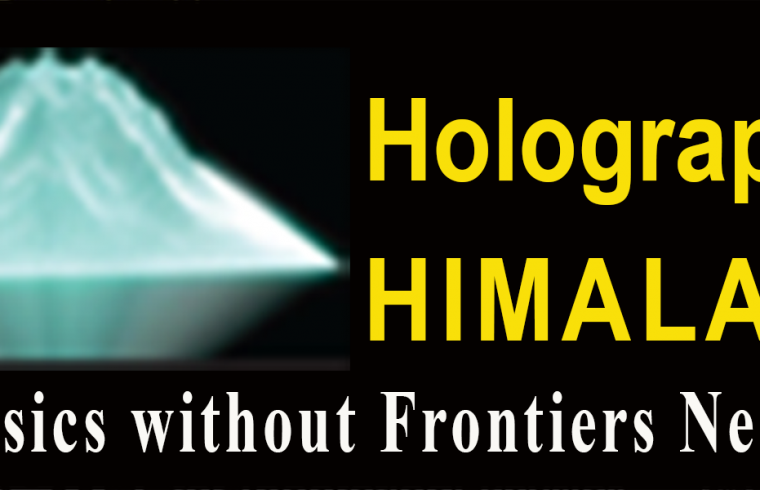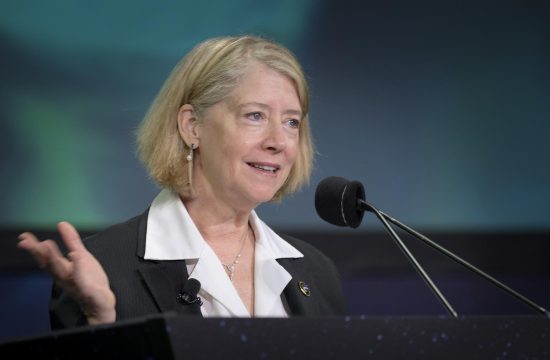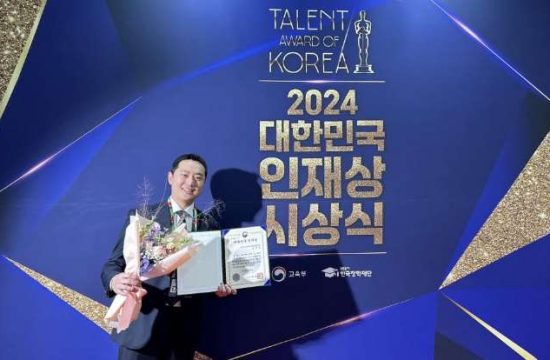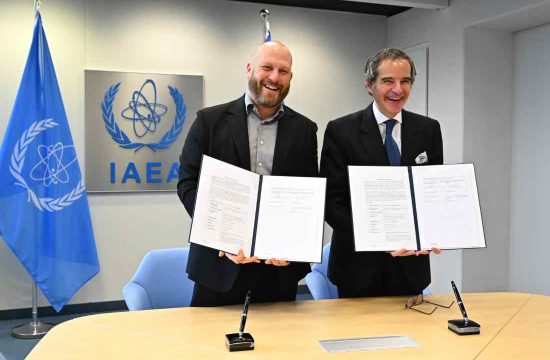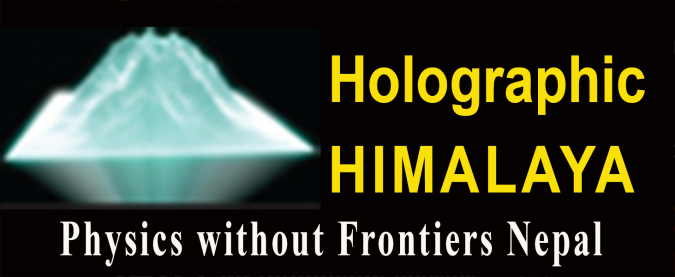
Kathmandu— Holographic Himalaya has opened a call for applications from Bachelor and Master levels from Nepal with a background in theoretical physics and willing to commit for the period of 6 months. The official deadline is extended on November 2.
Holographic Himalaya is a project supported by International Centre for Theoretical Physics(ICTP), Physics without Frontiers program. Furthermore, it also has support from various Nepalese institutes and organizations such as Patan Multiple Campus, RevoScience Media, and Ejalo Academy.
The holographic Himalaya project will organize a journal research club on “Quantum Information of Space-time and Matter” for 6 months with a target of 15 bachelor’s and master’s students.
According to the organizer, students will be divided into groups and assigned a specific topic and well-defined research problem. If the university and college collaborate, it can become a master’s thesis or bachelor’s project.
Furthermore, there will be tutorials on software like Mathematica, Python, Latex, and Qiskit. The program is hybrid, with weekly virtual and monthly on-site sessions. “With this project’s multidisciplinary nature, students will have the opportunity to explore state-of-the-art research in various fields of theoretical physics,” says Kiran Adhikari, Project Coordinator of Holographic Himalaya.
“Our hope is to encourage students to the emerging field of quantum information theory inspired fundamental physics,” says Adhikari, Ph.D. Student at the Technical University of Munich, Germany. “At the end of the program, students will present their topic and research problems they have worked on. Furthermore, career and opportunities sessions will be organized, and top students will be mentored for further studies.”
Laxman Dangol, Editor at RevoScience Media, one of the organizers of Holographic Himalaya says, “There are many enthusiastic students of Physics in Nepal, who want to pursue fundamental and theoretical Physics. Even though theoretical physics is financially less expensive than experimental ones, there has not been a proper environment inside the country for doing this.”
“This is due to a lack of opportunity, resources, and appropriate guidance. We want to address this issue by providing a research opportunity for interested bachelor’s and master’s students. Our long-term goal is to establish Nepal as a country that can significantly contribute to theoretical and fundamental physics.” he added.


